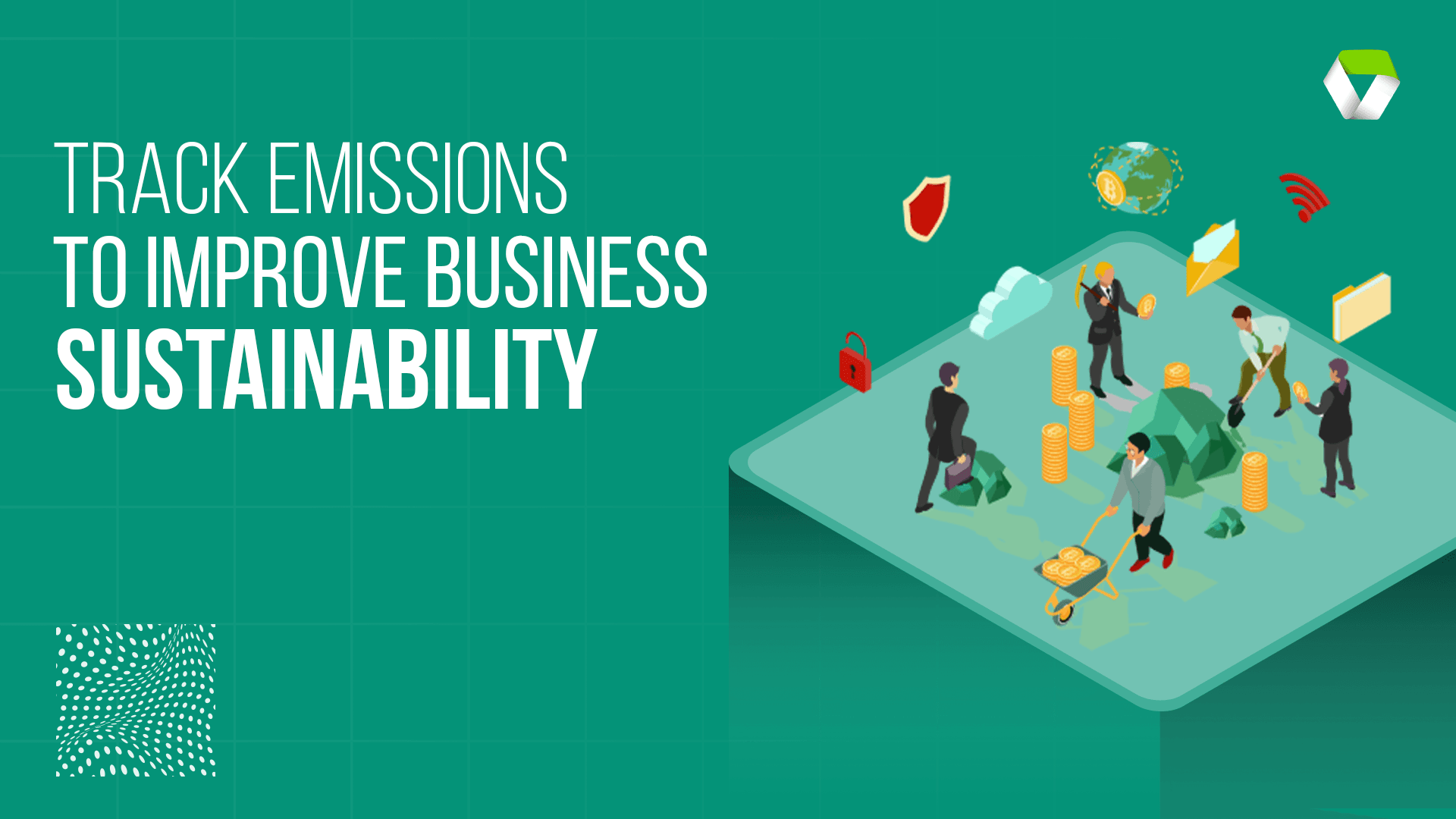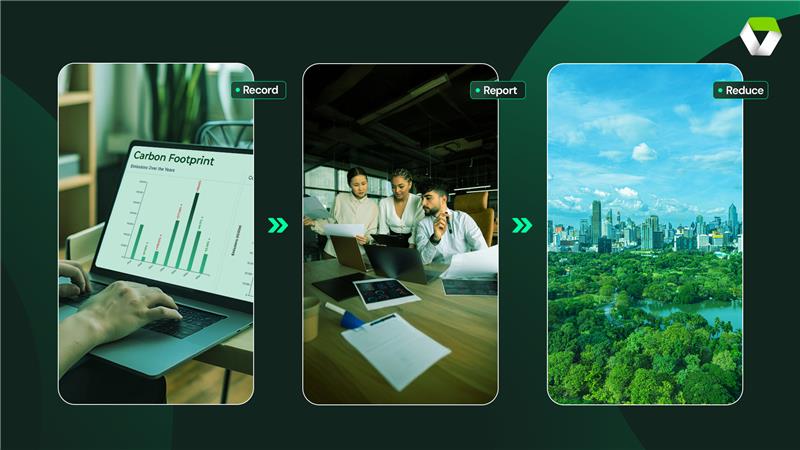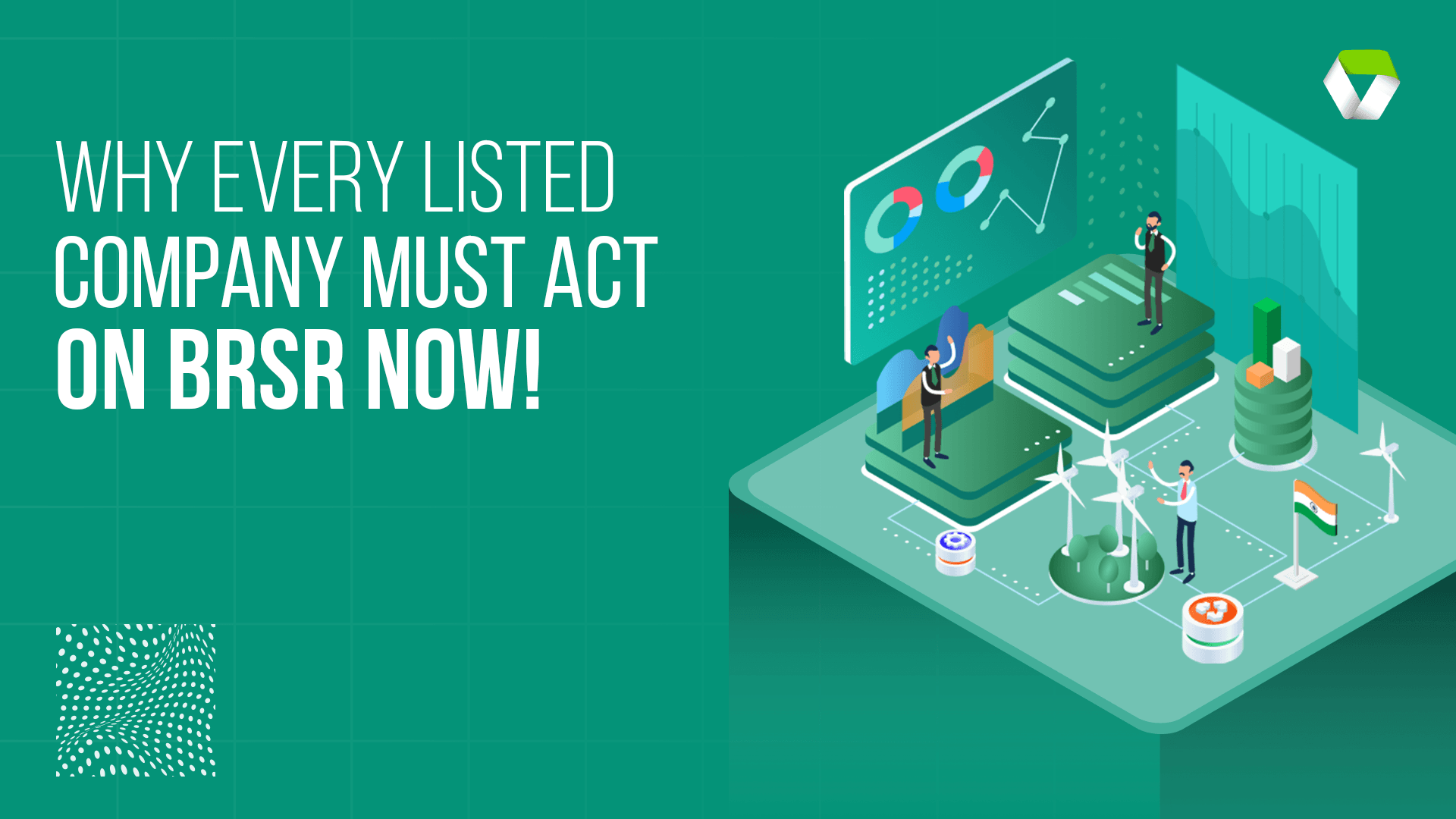5 Reasons Why Your Business Needs Carbon Accounting

What are your business objectives for Carbon Accounting?
Businesses are being asked to reduce their Environmental impact. You may be thinking about tracking and managing Greenhouse gas (GHG) emissions, and do so, probably using carbon accounting software. The process of tracking, analyzing, and reporting on emissions is more than a regulatory obligation. It can also be a strategic business decision.
We are going to explore the business objectives that drive organizations to invest in carbon accounting.
1. Industry Leadership in Emissions Reduction
For many organizations, the primary driver for carbon accounting is that they want to lead their industry by taking initiatives to reduce emissions. This goal is not only about minimizing environmental impact but also about setting a benchmark in sustainability that competitors and peers aim to meet.
Organizations with a commitment to cut down deep on GHG emissions use carbon accounting to monitor their progress and to transparently report these efforts. Industry leaders like those in the manufacturing and energy sectors find that driving down emissions can also mean significant operational efficiencies and cost savings.
2. Enhanced Visibility for Investors and Stakeholders
Investors are considering and prioritizing sustainability when making investment decisions. Organizations that adopt thorough carbon accounting practices are better positioned to provide the transparency that investors seek. This visibility is crucial for maintaining investor trust and attracting new funding, particularly from environmentally-focused stakeholders. By tracking and reporting emissions, organizations can show accountability and commitment to long-term sustainability goals, appealing to a broader investor base and enhancing stakeholder engagement.
3. Compliance with Regulatory Requirements
Regulatory compliance is a compelling reason for businesses to adopt carbon accounting. As governments worldwide tighten environmental laws, carbon accounting becomes essential for organizations to ensure they meet legal standards and avoid penalties. This is particularly critical in industries like transportation, energy, and manufacturing, where emissions regulations are most established. Effective carbon accounting helps businesses stay ahead of the regulatory curve, turning compliance from a challenge into an opportunity for leadership.
4. Assessing Climate-Related Risks and Opportunities
Understanding and managing climate-related risks is another vital objective driving carbon accounting. Organizations across all sectors are beginning to recognize that climate change poses direct and indirect risks to their operations, supply chains, and markets. Carbon accounting enables businesses to identify and quantify these risks, leading to more informed strategic decisions. Moreover, this practice uncovers opportunities for innovation in products and services that can lessen environmental impacts, opening new markets and customer segments.
5. Commitment to Corporate Social Responsibility (CSR)
Corporate social responsibility (CSR) extends beyond philanthropy and compliance; it includes a commitment to environmental stewardship. Organizations engaged in carbon accounting as part of their CSR initiatives are seen as responsible citizens by the community, enhancing their brand reputation and customer loyalty. This objective often resonates deeply with an organization’s workforce, boosting morale and attracting talent who are eager to work for an organization that prioritizes sustainability.
It’s important to define clear business objectives before getting started with carbon accounting. These will guide the organization’s sustainability strategies. Whether you would like to lead the industry, enhance transparency, comply with laws, manage risks, or uphold CSR, carbon accounting provides the data and insights necessary for informed decision-making. Environmental concerns are going to continue to influence market dynamics. Carbon accounting is not just about tracking emissions - it's about future-proofing business operations and developing a legacy of sustainability.
If you’re thinking about your business objectives for tracking emissions it may be helpful to talk with our team. They have lots of experience in helping teams get started.(click here)






